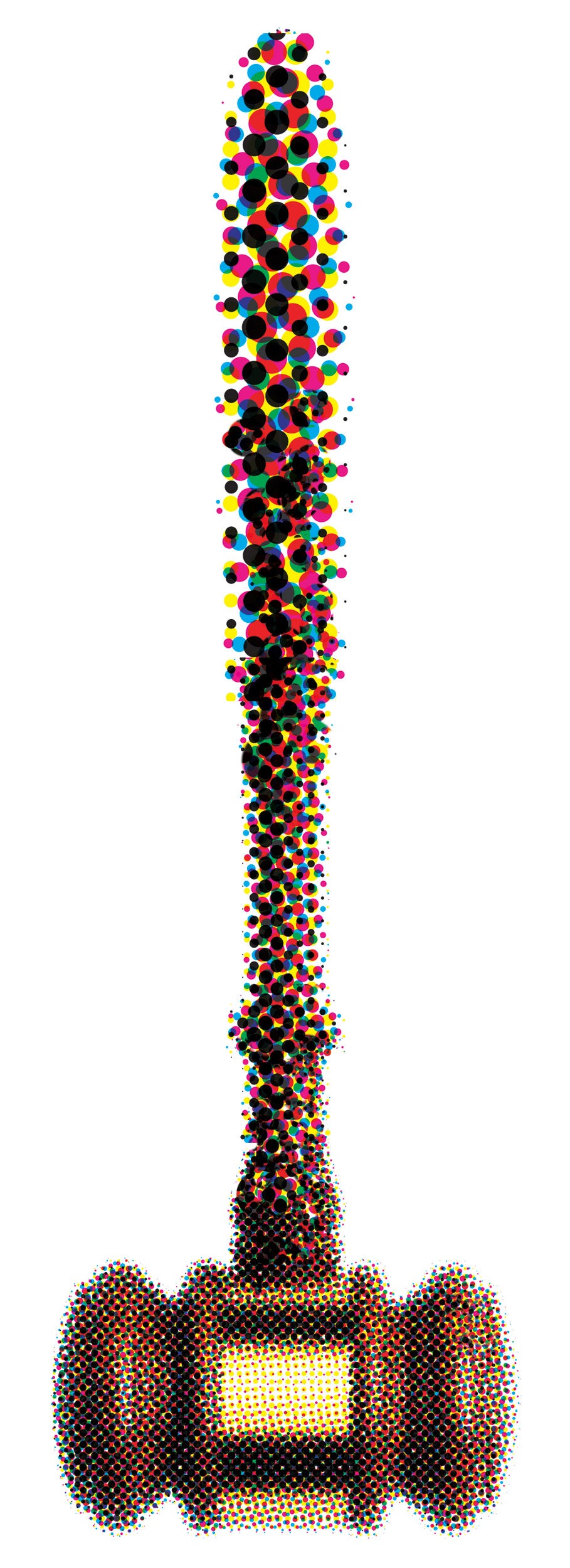Cyberlaw Clinic helps Massachusetts with access to the courts
How can technology help people gain better and easier access to the judicial system? Are there new technologies—or more efficient ways of using existing ones—that can assist low-income, pro se and other litigants to navigate the legal system while easing the burden on underresourced courts?
Students in the HLS Cyberlaw Clinic affiliated with Harvard’s Berkman Center for Internet & Society are working on a new project for the Massachusetts Trial Court that develops uses of technology to improve access to the justice system. The project is especially timely: In the current economy, more people are seeking legal redress to problems while fewer than ever are represented by lawyers; at the same time, court budgets have been slashed and there are fewer personnel to help the public.
For nearly a year, students in the Cyberlaw Clinic, under the supervision of Phillip Malone, HLS clinical professor and the clinic’s director, have assessed a wide array of technologies that can help courts improve access to their services by all litigants, including the self-represented. “This project bridges the best of traditional law school clinical practice—assisting low-income, underrepresented people—with our clinic’s expertise in technology and the use of the Internet to leverage those efforts,” says Malone. “Because of that, students love it.”
The project began last January, when Malone and Professor John Palfrey ’01, vice dean for library and information resources and faculty co-director of Berkman, were approached by Judge Dina Fein of the Massachusetts housing court, who was appointed as special adviser to the Access to Justice Initiative by Supreme Judicial Court Chief Justice Margaret H. Marshall and Chief Justice for Administration and Management Robert A. Mulligan. Fein’s charge is to determine ways to broaden access to civil justice in Massachusetts, including for pro se litigants, low-income people, litigants who aren’t proficient in English, and people with mental or physical disabilities.
“It was clear from the inception of the Access to Justice Initiative that the use of technology would be key to the courts’ success in meeting the needs of historically underserved populations,” says Fein. “I approached Berkman initially hoping the center might help guide and support our work in this area. Over the past year, Phil Malone and the clinic students have done so much more than I could possibly have imagined, not only providing the Trial Court with a clear road map for moving forward with our use of technology but also allowing Massachusetts to attract energized partners from around the country and to assume a leadership role nationally.”
The clinic has taken a comprehensive approach to its challenge. Students have examined technology initiatives in courts around the country; interviewed court and legal aid personnel, technology specialists and vendors; and analyzed relevant literature. In August, Malone and the students presented a preliminary report to Fein on strategic planning and “best practices” for using technology to better serve the needs of litigants. It includes recommendations on making courts’ websites more helpful and easier to use; providing simpler, automated ways for people to fill out legal forms online; implementing electronic case management and “e-filing” systems that are fully accessible to pro se litigants; and developing online but “live” assistance for litigants with questions. While the Massachusetts Trial Court is the immediate client for this phase of the project, Malone and his students expect to broaden the results into a rich set of guidelines, resources and implementation materials that can help courts around the country.
Alan M. Cheuk ’11 worked on the project over the summer. Among the options and issues he looked at were automated interviews for form completion, interoperability standards for form-filling software and e-filing systems, accessibility requirements for government websites and applications, and encryption and digital signing technology—all in the context of the unique needs of pro se parties. “I hope that the final report, when it is done, will be a go-to source for best practices,” he says, “to ensure a just solution that accommodates the needs of self-represented litigants.”
Dean Martha Minow is a strong supporter of the project, which continues now in a second phase. “From my perspective as vice chair of the Legal Services Corporation as well as my role as dean, the partnership between the Cyberlaw Clinic and the Massachusetts Trial Court exemplifies the opportunity represented when experts in new technologies join with justice professionals to extend access and transparency,” says Minow. “It’s also a splendid chance for students to make a major difference in the struggle to make the promise of justice real in people’s lives.”
